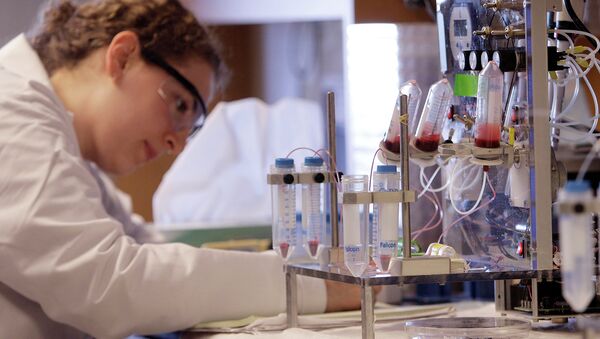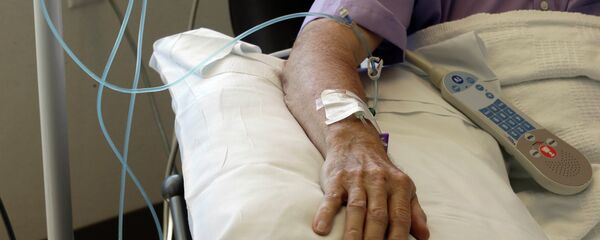The research was conducted by a team of scientists at Swansea University, led by Professor Gareth Jenkins.
"This is a novel way of testing for the presence of cancer because it doesn't look at the cancer itself. We are looking for the ‘scent' of the cancer, which is present in the circulating blood," stated Jenkins.
The test, which the developers compare to a "smoke detector," identifies the number of mutated blood cells in a sample. Normal healthy people have an average of six mutated, abnormal blood cells per million. For persons likely to develop cancer, the number is four times higher. If a patient has developed cancer, this number increases.
Using the new test, which provides results in about two hours, doctors can separate "predisposed" patients from those that are healthy, beginning treatment before serious damage is done.
Cancer develops as cells mutate in increasing numbers. In particular, these cells lack a specific protein, to which a special fluorescent indicator substance can adhere to. When the substance is administered in a patient's bloodstream, the mutated cells won't fluoresce, making them easy to identify.
According to Jenkins, the method can save lives, as many cancer deaths are attributed to a late diagnoses.


